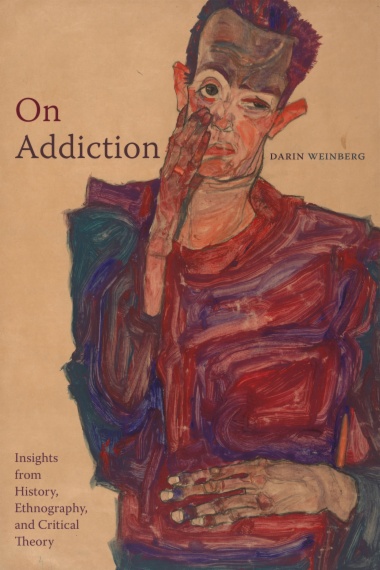Mainstream addiction science sees addiction either as a biomedical disease that renders one incapable of self-control or as a voluntary practice engaged in freely. In On Addiction, Darin Weinberg shows how this dynamic is deeply influenced by a series of binaries (free will/determinism, mind/body, objectivity/subjectivity) that hinder our understanding of addiction. Here, he offers a new theorization of addiction in which he breaks down these contradictions and incompatibilities, calling into question the taken-for-granted distinction between the “biological” and the “social.” To the extent that it is understood as a loss of self-control over one’s behavior, addiction, Weinberg contends, requires a supple theoretical framework that provides for movements into and out of self-control, for the social and natural processes that influence these movements, for the historical contexts within which they occur, and for the ethical ramifications of taking them seriously. To create this framework, Weinberg brings together history, ethnography, and critical theory as well as the clinical and social sciences. In this way, Weinberg takes a more holistic approach to examining the fundamental nature and ethics of addiction.
- Cover
- Contents
- Preface��������������
- Acknowledgments����������������������
- Introduction�������������������
- 1. Sociological Perspectives on Addiction
- 2. Freedom and Addiction in Four Discursive Registers: A Comparative Historical Study of Values in Addiction Science
- 3. Lindesmith on Addiction: A Critical History of a Classic Theory
- 4. “Out There”: The Ecology of Addiction in Drug Abuse Treatment Discourse
- 5. Three Problems with the Addiction as Akrasia Thesis That Ethnography Can Solve
- 6. Toward an Ecological Understanding of Addiction
- 7. Posthumanism, Addiction, and the Loss of Self-Control: Reflections on the Missing Core in Addiction Science
- Appendix. An Exchange with John F. Galliher on Lindesmith’s Theory of Addiction��������������������������������������������������������������������������������������
- Notes
- References
- Index
- Place of First Publication���������������������������������

